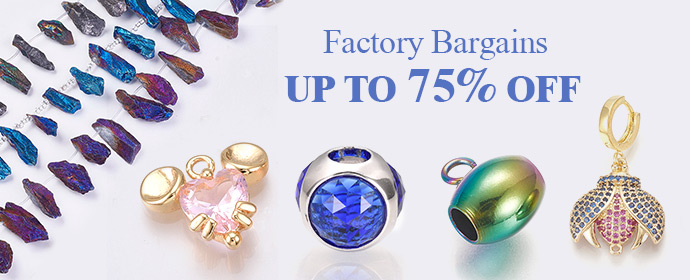Acne is a frustrating and often embarrassing skin condition that affects millions of people around the world. Acne can have a negative impact on your confidence and overall well-being, whether you’re a teenager going through puberty, a woman going through hormonal changes, or an adult dealing with persistent breakouts. Understanding the various types of acne and how to treat them is critical for maintaining healthy skin and a positive attitude.
The most common types of acne are whiteheads, blackheads, pimples, cystic acne, and hormonal acne. Whiteheads form when a clogged pore is covered by a layer of skin, whereas blackheads form when the clogged pore is exposed to air and turns black. Pimples are inflamed, red bumps caused by clogged hair follicles with oil and dead skin cells. Cystic acne is a severe type of acne that develops deep within the skin and is distinguished by large, painful, inflamed pimples filled with pus. Hormonal acne is most common in women and is caused by hormonal imbalances. It commonly appears on the chin, jawline, and neck.
Acne treatment can be difficult, but the good news is that there are numerous effective options available. Maintaining a healthy diet, avoiding foods that cause breakouts, and keeping the skin clean are all important for improving the skin’s health and appearance. Topical medications such as benzoyl peroxide and salicylic acid can help unclog pores and reduce inflammation, while antibiotics and isotretinoin can be prescribed for severe or persistent acne. Hormonal acne can be treated with hormonal therapies such as birth control pills and anti-androgen medications.
Remember that everyone’s skin is different, and what works for one person may not work for another. It may take some trial and error to find the best acne treatment plan for you, but the results will be worth it if you want clear, healthy, and radiant skin. Don’t be afraid to seek the assistance of a dermatologist or skincare professional, who can provide personalized recommendations and support throughout your journey.
Taking care of your skin and treating acne is about feeling better as well as looking good. Clear, healthy skin can boost your self-esteem, boost your confidence, and improve your overall well-being. Don’t let acne hold you back.
To summarize, acne is a common and frequently difficult skin condition, but with the right treatment plan and a positive attitude, you can achieve clear, radiant, and healthy skin. Whether you have occasional breakouts or persistent acne, remember that you are not alone, and there are many effective options available to assist you on your path to beautiful, glowing skin.
By Evans
Photo from Google
Recommend0 recommendationsPublished in Health, Skin Care


